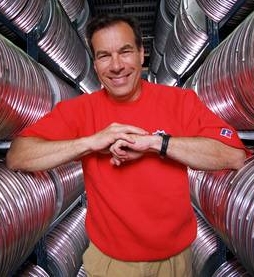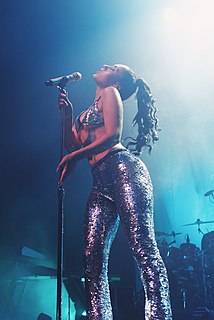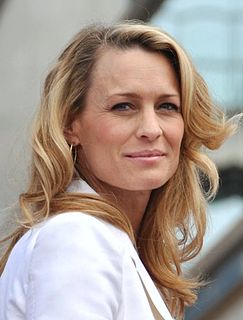A Quote by Jon Oringer
It turned out it was really easy to create commercial stock footage.
Related Quotes
There was no actually stock footage in "Medium Cool." I wrote the script. I wrote the riots. And I integrated the actors in the film in the park during the demonstrations. But nowhere was it like we had stock footage and then later, in editing, integrated it into the film. It was all done at the time.
Americans have a hard time writing moms. I'll get a script and everything's really great and well-drawn, but the mom is like stock footage, they go and get that out. They plug it in, this idea of "mother." You could lift moms out of any script, no matter what the culture, what the neighborhood, what the economic status, and you could switch them around, and they'd be the same person. I think it's because most people don't really have a human idea, a specific life that they attach to who their mother was. Their mother was there for them, so it either gets deified, or the opposite.
Look at a football field. It looks like a big movie screen. This is theatre. Football combines the strategy of chess. It's part ballet. It's part battleground, part playground. We clarify, amplify and glorify the game with our footage, the narration and that music, and in the end create an inspirational piece of footage.



































